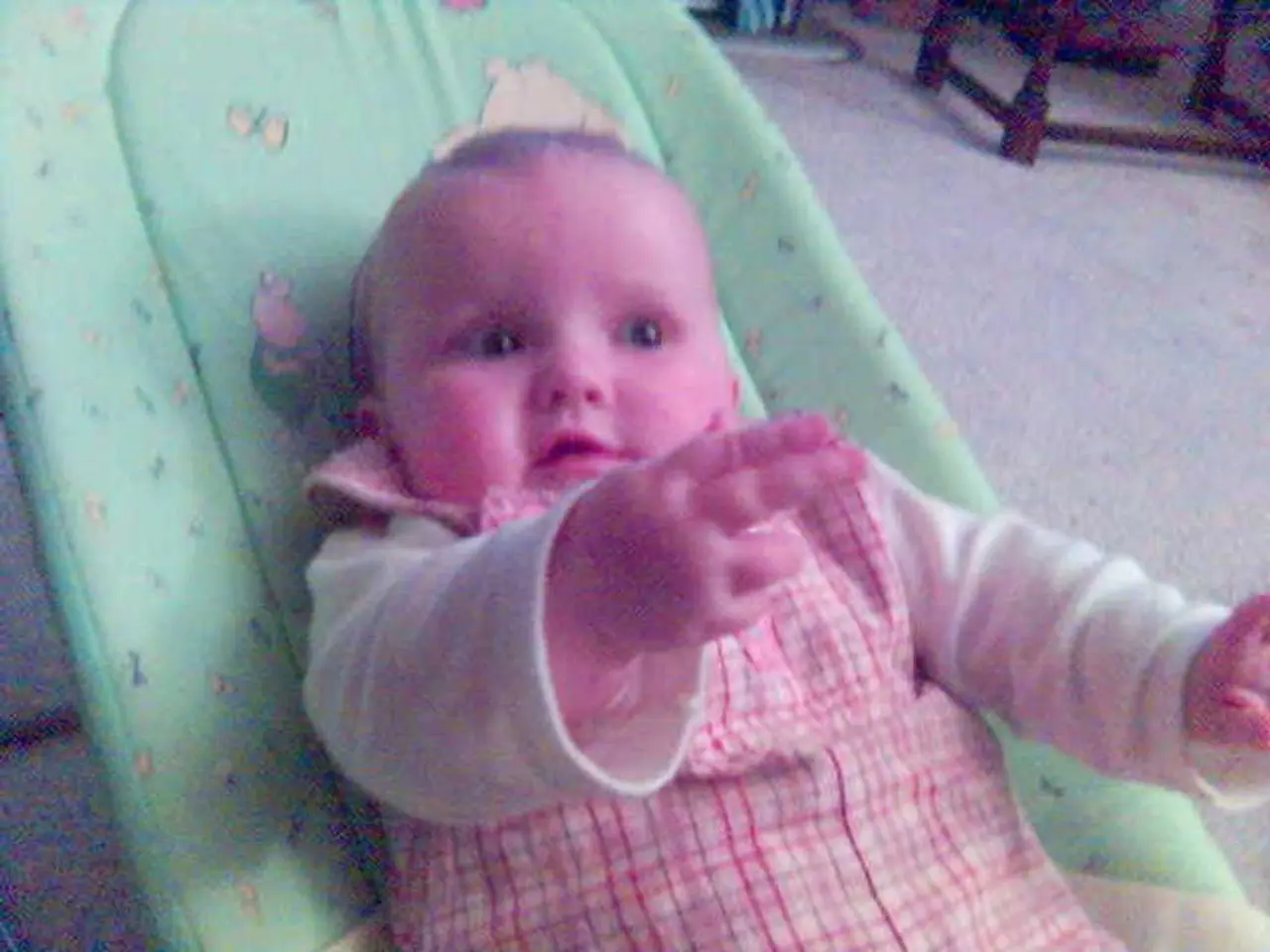Critical Developmental Milestones for Premature Infants to Track
Preemies, babies born before completing 37 weeks of gestation, require special care and attention to help them grow and develop. Understanding key milestones and providing appropriate care can significantly enhance their progress. Here is a guide to the physical, cognitive, and emotional milestones of preemies, along with tips to support their development.
Physical Development Milestones
Preterm infants typically gain weight differently based on their gestational age. For example, a baby born at 24 weeks may gain about five grams per day, while those born later can gain up to 30 grams per day[1]. Their height increases by about 1.1 centimeters per week until they reach the ideal gestational age of 40 weeks[1]. Head circumference growth is rapid, about 0.5 centimeters per week until three months, then slows down[1].
Cognitive Development Milestones
Preemies may have delayed recognition of sounds and faces initially, but they develop this over time. They start showing hand-eye coordination and begin tracking objects with their eyes by around three months[2].
Emotional and Social Milestones
Preemies may start recognizing parents and showing facial expressions like smiling around three months[2]. They begin to exhibit emotions such as contentment, frustration, and excitement by four months[2].
Supporting Development in Preemies
Physical Support
Ensure adequate nutrition for weight gain and overall health. Consult with a pediatrician for feeding advice. Regular tummy time can help improve head control and overall motor skills[2].
Cognitive and Emotional Support
Engage in activities that stimulate their senses, like talking, singing, and playing with them. Use toys and objects that encourage visual tracking and hand-eye coordination[4]. Provide a nurturing environment with lots of cuddling and interaction to support emotional development[3].
Additional Tips
Utilize early intervention programs that focus on motor, cognitive, social, and language development[4]. Regular visits with healthcare providers are crucial for monitoring growth and addressing any developmental concerns early on[3].
By understanding these milestones and supporting their development, parents can help preemies catch up with their full-term peers over time. It is essential to monitor preemie milestones, track their progress in achieving motor skill milestones such as head control, rolling over, and sitting up, and engage preemies in activities that promote hand-eye coordination and provide appropriate toys. Communication milestones in preemies should be based on their adjusted age for accurate assessment.
Creating a sensory-friendly environment and engaging preemies in stimulating activities can help foster their sensory skills. Skin-to-skin contact, or kangaroo care, is highly encouraged for preemies to regulate their body temperature, heart rate, and breathing patterns, and promote bonding and a sense of security. Introducing and advancing feeding techniques play a pivotal role in the development of preemies.
Recognizing signs of stress or distress in a preemie is vital, and addressing these signs appropriately can help regulate the baby's emotions and prevent prolonged distress. The response of preemies to sounds, such as turning their head towards the source, indicates their growing awareness of auditory stimuli. Observing preemies' oral feeding skills and tracking their progression is vital in monitoring their milestones.
Preemies who can calm themselves and seek comfort exhibit positive emotional development. Regular check-ups with the pediatrician are essential for monitoring weight gain and growth in preemies. Sensory development, gross motor skills, and fine motor skills are essential aspects of a preemie's cognitive development.
[1] https://www.ncbi.nlm.nih.gov/pmc/articles/PMC4262901/ [2] https://www.ncbi.nlm.nih.gov/pmc/articles/PMC6322879/ [3] https://www.ncbi.nlm.nih.gov/pmc/articles/PMC5977877/ [4] https://www.ncbi.nlm.nih.gov/pmc/articles/PMC5865935/
- Understanding the physical, cognitive, and emotional milestones of preemies is crucial for their proper development, as it helps them catch up with their full-term peers.
- Preterm infants show significant differences in weight gain, with those born earlier gaining less than those born later.
- Head circumference growth in preemies is rapid, especially within the first three months, after which it slows down.
- Preemies might have delayed recognition of sounds and faces initially, but they will develop this ability over time.
- Parents can help enhance their preemie's emotional development by providing a nurturing environment that encourages interaction and cuddling.
- Scientific evidence supports the importance of early intervention programs, as they focus on motor, cognitive, social, and language development in preemies.
- Regular check-ups with healthcare providers are essential for monitoring preemie milestones and addressing any developmental concerns early on.
- The development of mental health in preemies is as important as their physical health, and parents should engage in activities that stimulate their sensory skills and emotional development to promote a healthy mental state.




